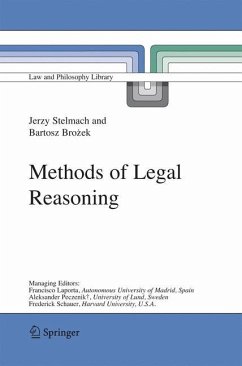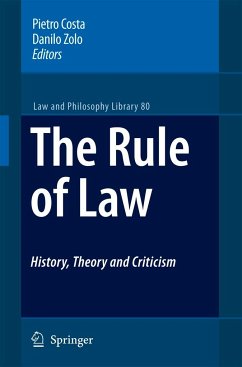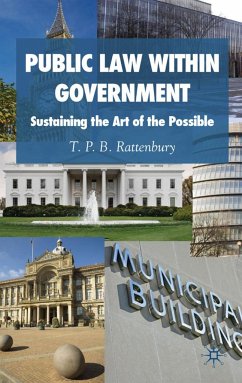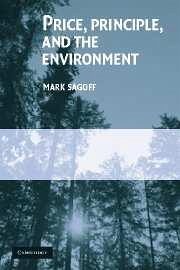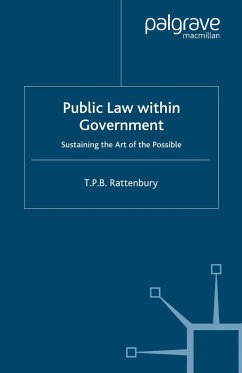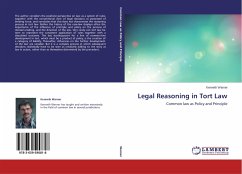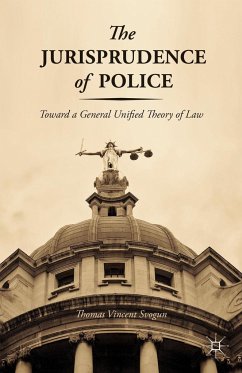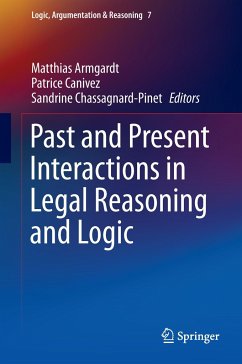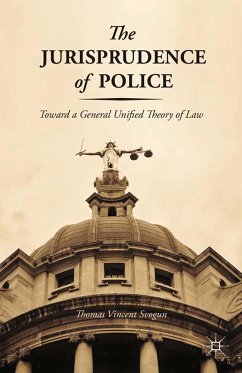Nicht lieferbar
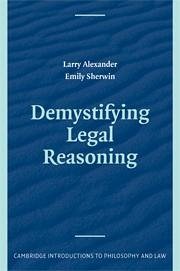
Demystifying Legal Reasoning




This book defends the proposition that there are no special forms of reasoning peculiar to law.
Professor Alexander is a Warren Distinguished Professor of Law at University of San Diego School of Law. He is the author of: Is There a Right to Freedom of Expression? (Cambridge, 2005); (with Emily Sherwin) The Rules: Morality, Rules, and the Dilemmas of Law (2001); Constitutionalism: Philosophical Foundations (Cambridge, 1998); (with Paul Horton) Whom Does the Constitution Command? (1988); several anthologies; and over 160 articles, book chapters, and review essays in jurisprudence, constitutional law, criminal law, and normative ethics. He has been a member of the faculty at the University of San Diego School of Law since 1970. He is co-editor of the journal Legal Theory (Cambridge), and he serves on the editorial boards of Ethics, Law and Philosophy and Criminal Law and Philosophy. He is co-executive director of the Institute for Law and Philosophy at the University of San Diego, and he is past president of AMINTAPHIL.
Produktdetails
- Verlag: Cambridge University Press
- Seitenzahl: 264
- Erscheinungstermin: 16. Juni 2008
- Englisch
- Abmessung: 229mm x 157mm x 20mm
- Gewicht: 454g
- ISBN-13: 9780521878982
- ISBN-10: 0521878985
- Artikelnr.: 24764673
Herstellerkennzeichnung
Libri GmbH
Europaallee 1
36244 Bad Hersfeld
gpsr@libri.de
Für dieses Produkt wurde noch keine Bewertung abgegeben. Wir würden uns sehr freuen, wenn du die erste Bewertung schreibst!
Eine Bewertung schreiben
Eine Bewertung schreiben
Andere Kunden interessierten sich für





